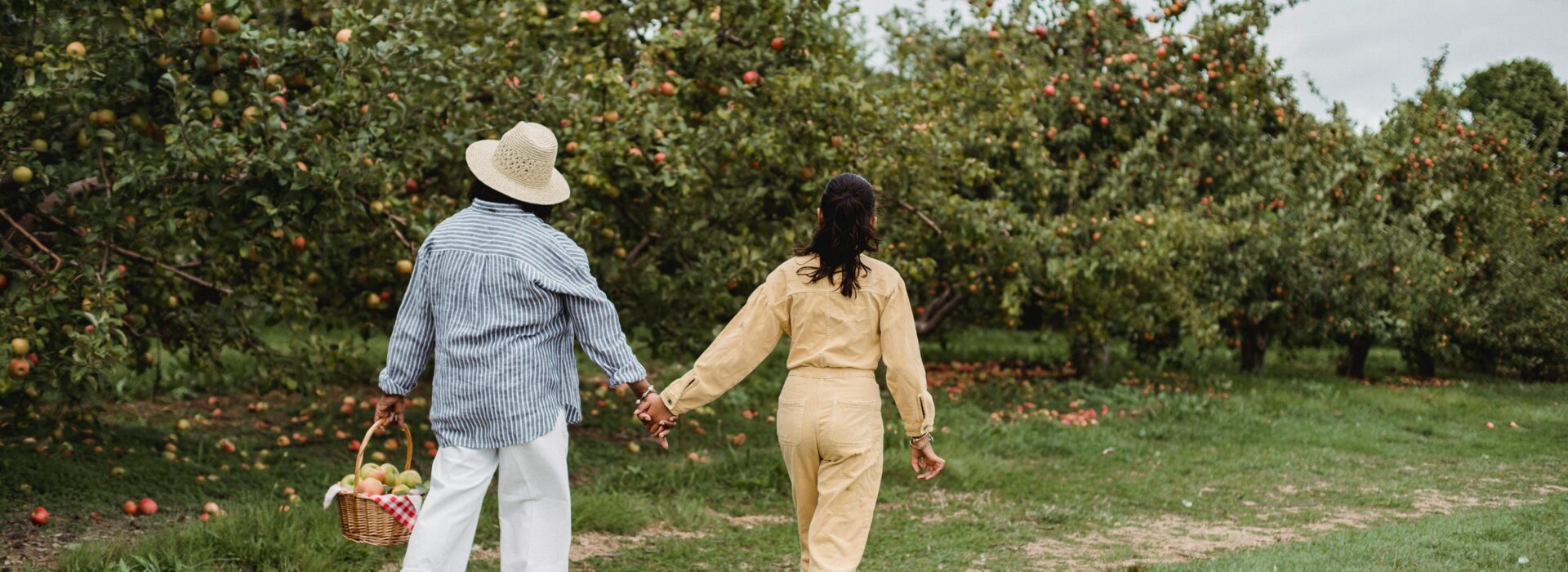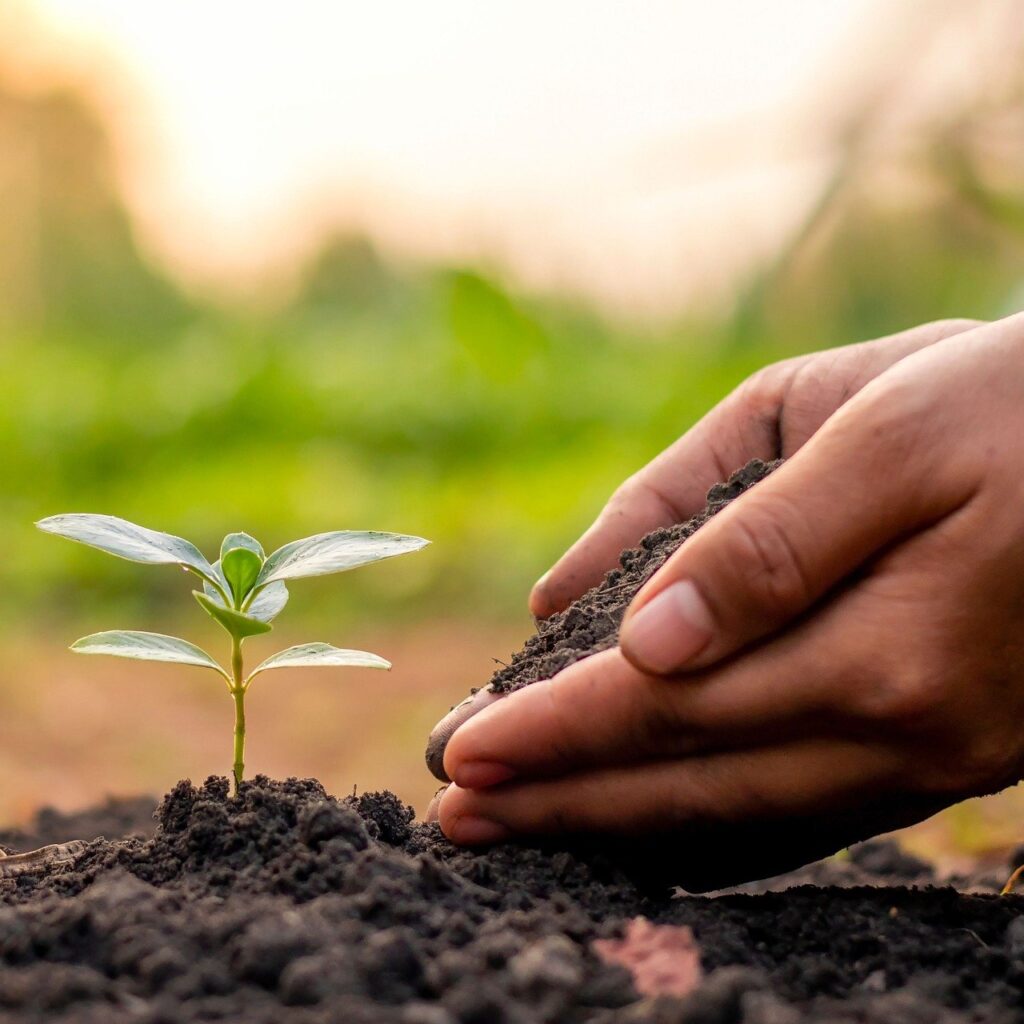In the hustle and bustle of modern life, it’s easy to lose sight of what truly matters. As we age, we often find ourselves craving simplicity, tranquility, and a deeper connection with nature. Retirement presents an opportunity to reassess our priorities and design a life that aligns with our values. For many, this means seeking solace away from the chaos of urban living and embracing the quiet beauty of rural landscapes.
If you’re someone who detests traffic, savors peace and quiet, enjoys gardening, and prefers the frugality of a simple lifestyle, then perhaps it’s time to consider the idea of retiring on a farm. Here’s why:
- Escape the Urban Grind: Traffic jams, noisy neighbors, and the constant rush of city life can take a toll on our mental and physical well-being. Retiring to a farm offers a retreat from the chaos, providing a serene environment where you can truly relax and unwind. Imagine waking up to the sound of birds chirping, breathing in fresh air untainted by pollution, and enjoying the vast expanse of open skies stretching out before you.
- Embrace the Beauty of Nature: There’s something inherently therapeutic about being surrounded by nature. Whether it’s tending to your garden, taking leisurely walks through the countryside, or simply watching the sunrise over rolling hills, life on a farm allows you to reconnect with the natural world in a profound way. The ever-changing seasons bring their own beauty, from the vibrant colors of spring blossoms to the peaceful blanket of snow in winter.
- Savor the Simplicity: In a consumer-driven society where excess is often glorified, living simply can be a radical act of defiance. Retiring on a farm encourages a minimalist mindset, where you learn to appreciate the little things in life and find joy in the moments spent sowing seeds, nurturing plants, and watching them flourish. Instead of chasing after material possessions, you find fulfillment in the abundance provided by the earth.
- Cultivate Self-Sufficiency: There’s a sense of empowerment that comes from growing your own food, harnessing renewable energy sources, and living off the land. By embracing sustainable practices and reducing your dependence on external resources, you not only minimize your environmental impact but also gain a greater sense of self-reliance. Imagine the satisfaction of sitting down to a meal made entirely from ingredients grown in your own backyard.
- Prioritize Financial Freedom: Retirement shouldn’t be synonymous with financial strain. By opting for a simpler lifestyle and minimizing unnecessary expenses, you can stretch your retirement savings further and enjoy a higher quality of life without the constant pressure to spend. Instead of worrying about keeping up with the latest trends or maintaining a certain standard of living, you can focus on what truly brings you happiness and fulfillment.
Now, as you consider the prospect of retiring on a farm, it’s worth exploring avenues that align with sustainable and organic principles. Permaculture, a term derived from “permanent agriculture” or “permanent culture,” offers a holistic approach to farming that integrates principles from ecology, sustainable design, and agriculture. It mimics the patterns and relationships found in natural ecosystems, aiming to create self-sustaining and regenerative systems.
By embracing permaculture principles (see book: Permaculture: A Designers’ Manual by Bill Mollison), you can design your farm to be a thriving ecosystem that not only provides food and shelter but also enhances biodiversity and soil health. This approach involves carefully observing and mimicking nature’s patterns, utilizing techniques such as agroforestry, polyculture, and natural pest control to create a balanced and resilient agricultural system.
Organic farming, on the other hand, shares a similar ethos with permaculture but focuses specifically on eschewing synthetic chemicals and prioritizing natural methods to nurture the soil and control pests. By avoiding the use of pesticides, herbicides, and artificial fertilizers, organic farming produces food that is not only healthier for consumers but also better for the environment.
Combining permaculture and organic farming practices allows you to create a farm that operates in harmony with nature, fostering biodiversity, improving soil health, and producing nutritious food without compromising the integrity of the land. This approach not only benefits you and your family by providing access to fresh, chemical-free produce but also contributes to the long-term sustainability of the environment.
As you plan your farm-based retirement, consider incorporating permaculture and organic farming principles into your vision. By doing so, you can create a haven of abundance and sustainability where you can live in harmony with the land, savoring the simple joys of life while leaving a positive impact on the world around you.
In conclusion, retiring on a farm offers a chance to embrace a simpler, more fulfilling way of life—one that is grounded in the rhythms of nature and guided by principles of sustainability and self-sufficiency. By cultivating a deeper connection with the land and prioritizing the things that truly matter, you can create a retirement that is not only enriching for yourself but also leaves a positive impact on the world around you. So why wait? Start planning your farm-based retirement today and embark on a journey of discovery, growth, and renewal. After all, the best time to plant the seeds for your future is now.













